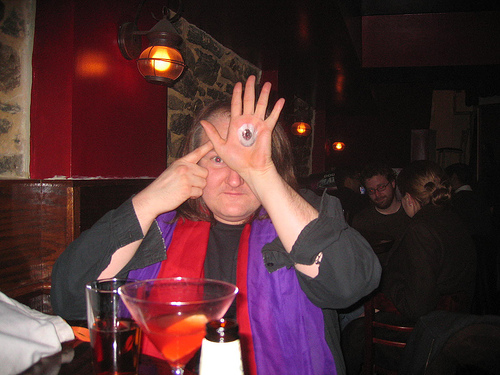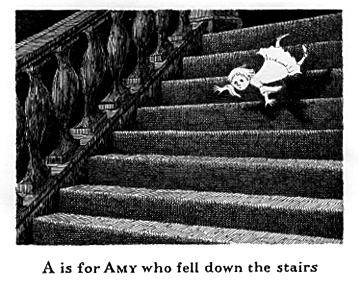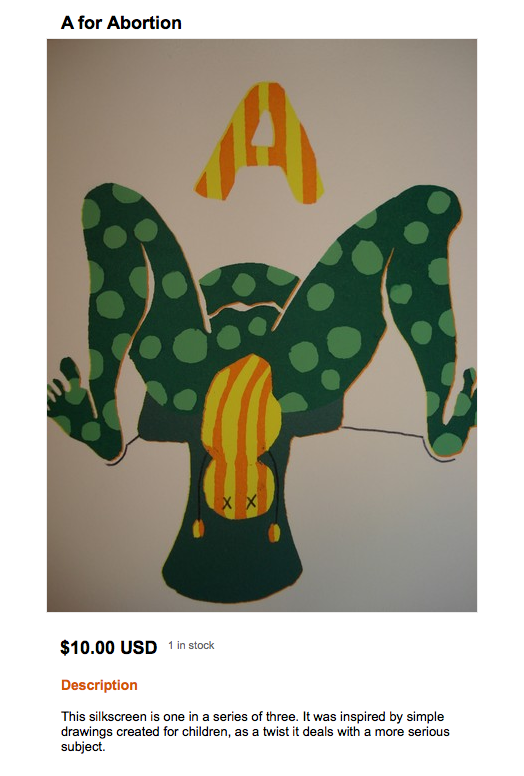There were a bunch of these in this issue of Fence a while back, which I have since read 4 or 5 times. Basically Conrad lists instructions (from very far gone to very direct) on experiential episodes to cause a text. They are pretty hilarious and wild in and of themselves. In getting ready to write a post about them, I realized he posts them regularly on a blog (or used to) (Soma)tic Poetry Exercises.

Here’s an example:
Go to your local graveyard, spend some time searching for a spot to sit. Find a spot where no one will pester you, you’re busy, you’re here to write poetry, not to be pestered with small talk! When you have found your spot sit down on the ground. Take time to look closely at ALL OBJECTS at your feet, in the trees, etc. Find three objects, one of them on the ground, or at least touching the ground: your feet, a grave marker, tree trunk or roots, etc. The other two off the ground in a tree, a building, but make them things which are stationary so you can stay focused on them. Draw a triangle between these three objects. Focus hard on the contents of your triangle, keeping in mind that the ground object you have chosen connects to the dead. Imagine your triangle in different forms of light, darkness, weather, and seasons. Imagine someone you love inside the triangle dying. Imagine yourself inside it dying. Gather notes in this process, take notes, as many notes as you can about how you feel and what you feel. Then PAUSE from these notes to focus again on your triangle, THEN write QUICKLY AND WITHOUT THINKING for as much time as you can manage. Often it’s these spontaneous notes which dislodge important information for us. DO NOT HESITATE to write the most brutal things that come to mind, HESITATE at nothing for that matter. Take some deep breaths and think about death by murder, war, cancer, suicide, accidents, knives, fire, drowning, crushing, decapitation, torture, plagues, animal attacks, dehydration, guns, stones, tanks, bombs, genocide, strokes, explosions, electrocutions, guillotine, firing squads, parasites, suffocation, flash floods, tornadoes, earthquakes, cyanide, poison, capital punishment, falling, stampedes, strangulation, freezing, baseball bats, overdose, plane crashes, fist fights, choking, etc., imagine every possible form of death. Take notes on your feelings for death at this point, DO NOT HESITATE. Now, TAKE ALL YOUR NOTES, and using THE FILTERS “QUICKEN” and “EMBLEM” shape your poem.
Not all of them are that brutal. Some are about carrots and bananas.
Heavily recommend checking the rest of these out, and perhaps putting them to use? Bloodfun.
Also, if you haven’t read CA’s The Book of Frank, make it a priority.


 [Oops, this feature is a little late this week because I forgot that it exists.]
[Oops, this feature is a little late this week because I forgot that it exists.]
 When I teach undergrad lit classes, I often start with a little chat about why we read, what poetry and stories do for us, or, in other words, why they are required to take the class. A few times, I’ve brought up the Kafka quote about a book serving as an ax for the frozen sea within us, or the Dickinson one about how she knows something is a poem if she feels like the top of her head has been blown off. Invariably, my students fail to see why either of these is a desirable outcome.
When I teach undergrad lit classes, I often start with a little chat about why we read, what poetry and stories do for us, or, in other words, why they are required to take the class. A few times, I’ve brought up the Kafka quote about a book serving as an ax for the frozen sea within us, or the Dickinson one about how she knows something is a poem if she feels like the top of her head has been blown off. Invariably, my students fail to see why either of these is a desirable outcome.
